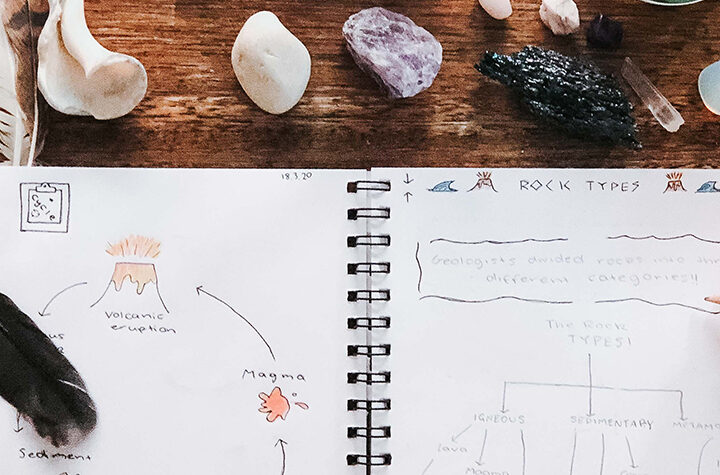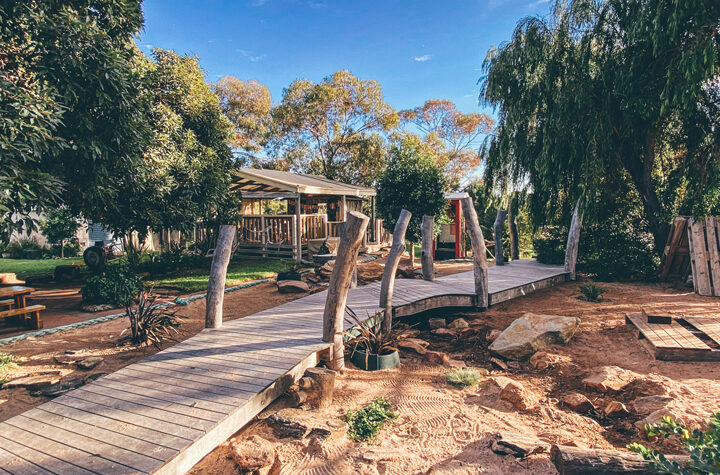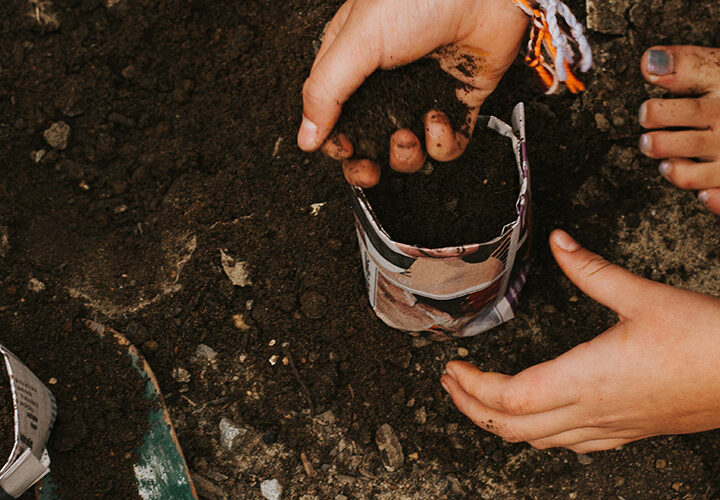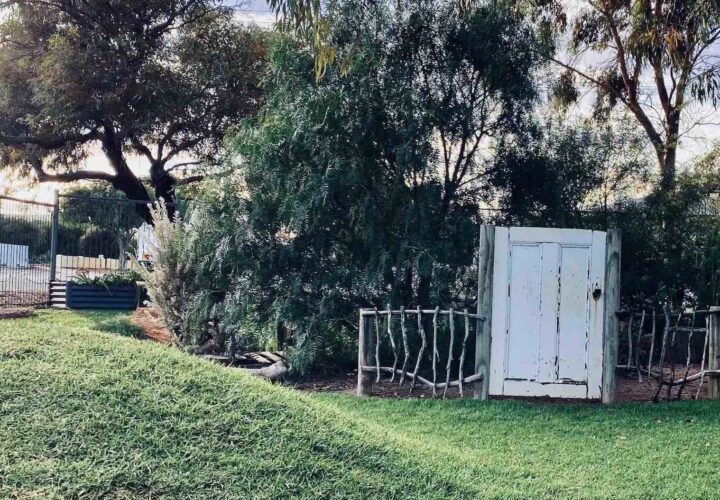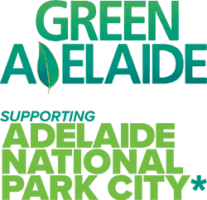Trust and transformation: one school’s journey to create engaging spaces for outdoor learning and play – Abe Moore, Outdoor Learning Coordinator, Nature Play SA
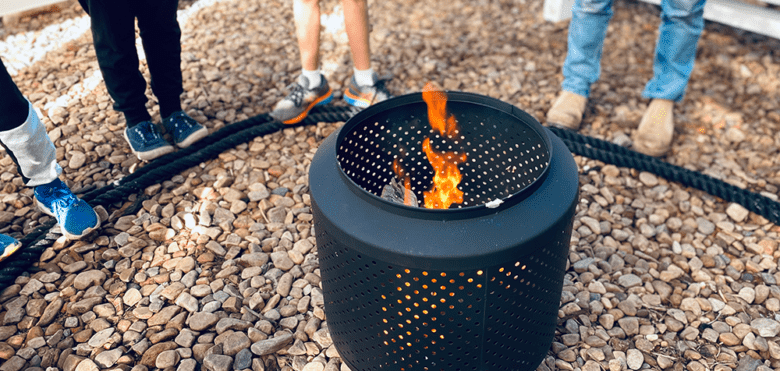
Whenever I get the opportunity to discuss risk with learners, I like to share the story of a primary school in New Zealand that did the unthinkable and got rid of recess rules as part of a university study. Can you imagine a school playground without rules? Sounds ridiculous, right?
Ask kids what would happen if all rules were removed from their play breaks, and the immediate answer is usually unanimous – “chaos!” But a deep-dive into the dilemma finds little would likely change from how they play because no child wants to hurt themselves or others. Without rules, children want to ride bikes and scooters, climb trees, or explore and inhabit “out-of-bounds” spaces.
The power of experiential learning to transform outdoor spaces
Conversations about rules and outdoor environments led students at Hallett Cove South Primary School to transform their play and learning spaces. Over several years, students became experts in play, risk, and place-making. Immersed in experiential learning, they became researchers; designers; and made meaningful real-world decisions with adults about every aspect of project management. The results were stunning.
Not stunning in terms of beauty, but functionality and impact. This point was driven home to me one afternoon during a lunchtime duty. As I wandered the yard, I realised almost every kid was deeply engaged in an activity or space that simply didn’t exist two years earlier. Cubbies were being built from loose parts in a forest space; scooters and bikes zipped about the courts; imagination games were taking place in the “Secret Garden”; and elaborate three-course meals were being prepared in the mud kitchen.
[vc_video link=’https://www.youtube.com/watch?v=5Ylmbr-oXdY’]
A 10-week transformation in two minutes. Hallett Cove South students turn a polluted and neglected space into an outdoor classroom meeting place.
Students breathed new life into barren, neglected spaces on a shoestring budget of a few thousand dollars, using mostly donated resources like logs and stone and some recycled “street treasure”. They also successfully reintroduced risk back into their play which had been severely lacking, particularly for older students.
Critical elements for outdoor learning and play spaces
Children in Australia spend around 12,000 hours at school. Primary school kids will spend over 1200 hours in their play spaces, so it’s vital that these environments provide resistance in the form of challenges and real, not imagined, risks. They must be diverse surroundings that encourage all areas of a child’s development – social, cognitive, physical, and emotional.
A quality play space should include opportunities for fantasy and imagination, adventure, construction, gathering and collection, and special places. Would you find these elements if you audited the diversity of play spaces at your school or within 500 metres of your home? If any were lacking or absent, what could you do about it?
I witnessed the unseen effort required to transform these spaces, and I remain incredibly proud of the students responsible. They created a culture of possibility, inspired their younger peers, and built community. Perhaps most powerfully, they developed a sense of place and belonging and the knowledge they can be change-makers, an anchor in time experience I hope remains with them throughout their lives.
[vc_video link=’https://youtu.be/qqxZaiv6XqI’]
Feedback from junior primary students after a Day Of Play festival featuring prototype spaces and activities designed by year 6/7 students.
***
The outdoor learning and playspace project at Hallett Cove South Primary School was a partnership between students, educators including Abe Moore, and Cameron Edwards at Nature Play SA.
If you’re interested in learning more about playground audits, place-making, or using experiential learning to create outdoor learning spaces, please contact Nature Play SA’s Education Team.
Photo: Abe Moore

